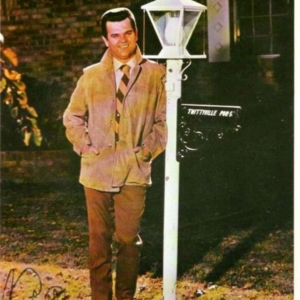
Conway Twitty’s “A Bridge That Just Won’t Burn”: A Heartfelt Exploration of Love and Loss
Conway Twitty, a name synonymous with the golden age of country music, crafted a rich tapestry of songs that resonated deeply with audiences. Among his most beloved works is “A Bridge That Just Won’t Burn,” a poignant ballad that explores the enduring power of love and the lingering pain of loss.
Background
Released in 1980 as the title track of his album “Rest Your Love on Me,” the song quickly climbed the charts, solidifying Twitty’s status as a country music icon. Penned by Jim McBride and Roger Murrah, “A Bridge That Just Won’t Burn” is a beautifully crafted narrative that delves into the complexities of human emotions.
The song’s central metaphor, a bridge that refuses to burn, serves as a powerful symbol of the resilience of love. It suggests that even in the face of adversity, the connection between two people can remain strong and unyielding. The bridge becomes a tangible representation of the emotional ties that bind individuals together, a testament to the enduring power of human connection.
Twitty’s vocal performance is a masterclass in emotional expression. His voice is filled with both tenderness and heartache, conveying the depth of the protagonist’s longing and pain. The melody, with its soaring highs and haunting lows, perfectly complements the lyrical content, creating a truly evocative listening experience.
The song’s lyrics paint a vivid picture of a love that has been tested by time and circumstance. The protagonist recalls the joy and passion of their relationship, the shared dreams and aspirations. But the bridge, a symbol of their love, has been damaged by the storms of life. It creaks and groans, teetering on the brink of collapse. Yet, despite the fragility of their bond, the protagonist clings to hope, refusing to let go of the love that once sustained them.
“A Bridge That Just Won’t Burn” is more than just a love song; it’s a poignant exploration of the human condition. It speaks to the universal experiences of loss, longing, and the enduring power of hope. The song’s timeless message has resonated with audiences for decades, making it a true classic of country music.